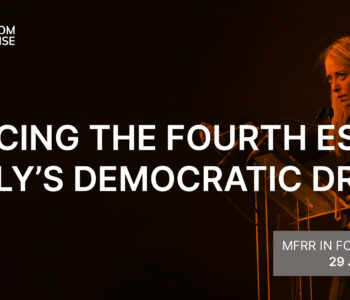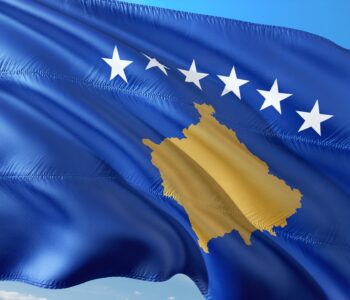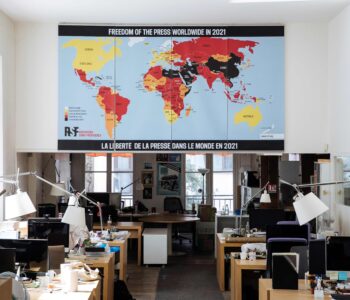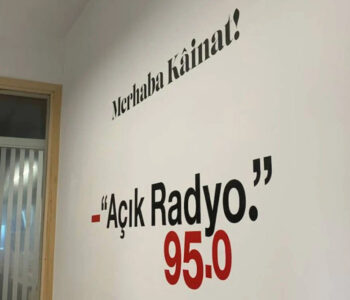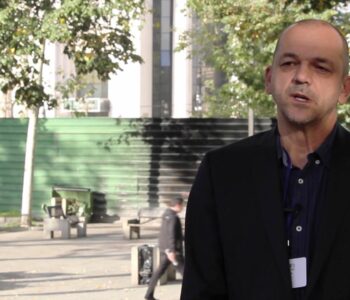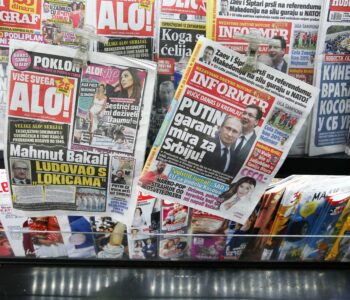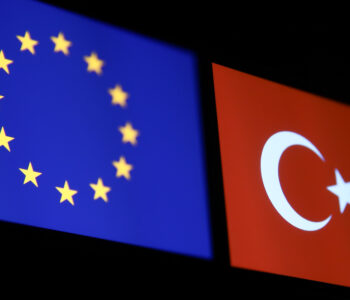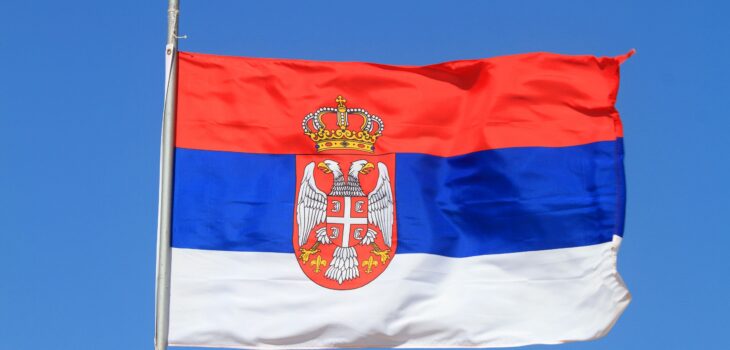
Serbia: Tendering process of national FTA TV licences must be open and transparent
Partner organisations of the Media Freedom Rapid Response (MFRR) and the Independent Journalists’ Association of Serbia (NUNS) are concerned about the lack of a transparent process for the allocation of national free to air (FTA) TV licences in Serbia and of a Development Strategy for radio and audiovisual media services.
On 15 April 2022, Serbia’s Regulatory Electronic Media (REM) opened a tendering call for four national TV licences, which were reduced from the five frequencies previously available. We believe that the current allocation process lacks transparency. Broadcast frequencies are a limited resource that should be managed by an independent regulatory authority, through open, transparent and participatory processes that ensure that the use of spectrum contributes to media pluralism and diversity.
According to Article 23 of Serbia’s Law on Electronic Media, REM should determine the number of national frequencies needed in the country following a seven years Development Strategy Proposal for radio and audiovisual media services. Although a draft strategy plan was put up for a public debate in 2015, the consultations lacked transparency and did not seem to include all the relevant stakeholders in the discussion. Currently, the deadline for submitting applications to the tendering process is 20th June and the REM is due to publish its decision no later than 4th August.
The allocation of frequency spectrum across all frequency users should follow an open and participatory decision making process, as reflected by the Principles on Freedom of Expression and Broadcasting Regulation, based on international freedom of expression standards. This process should lead to the adoption of a transparent plan for broadcasting frequencies, in order to promote their optimal use as a means of ensuring diversity and must be overseen by a body that is protected against political and commercial interference.
The MFRR previously highlighted concerns over the highly politicised composition of REM. According to the 2021 MFRR mission report to Serbia, the latest changes to REM’s members only produced superficial results aimed at improving its image in the eyes of international partners, while REM’s decisions seem to be often disregarded and rarely implemented. In its 2021 Serbia progress report, the EU also urged Serbia to strengthen REM’s independence “to enable it to efficiently safeguard media pluralism”. According to the national media strategy action plan, amendments of the media laws, including REM’s role, are planned to be enacted in 2022.
The MFRR together with NUNS urge the REM to ensure a fair and transparent tendering process of FTA TV licences in Serbia, which must comply with national legal requirements and international freedom of expression standards, and whose outcomes must ensure a diverse and plural broadcasting media landscape in the country. Alongside the EU’s recommendation, we also call on a comprehensive plan to strengthen the independence of REM in the upcoming reform to national media laws. The undersigned organisations will continue monitoring this process and the forthcoming measures.
This statement was coordinated by the Media Freedom Rapid Response (MFRR), a Europe-wide mechanism which tracks, monitors and responds to violations of press and media freedom in EU Member States, Candidate Countries and Ukraine.

